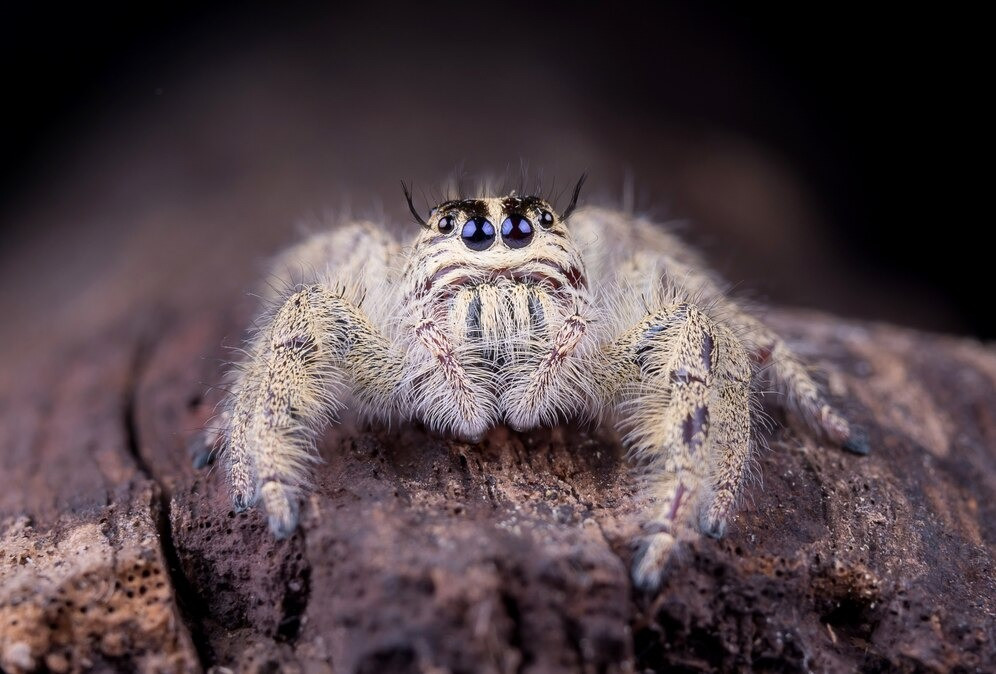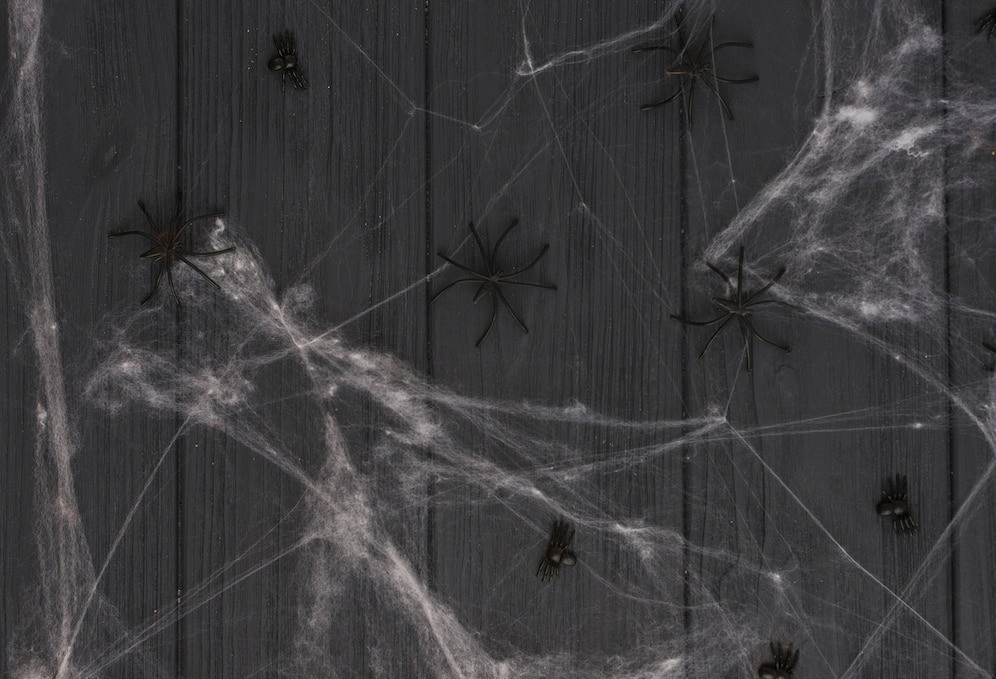He Woke Up and Found Wolf Spider Eggs in Toes!

©️ Freepik
He was enjoying a romantic cruise to celebrate your 35th wedding anniversary, only to wake up one morning and find spider eggs in his toes. That is exactly what happened to Colin from Cramlington, Northumberland. While on a cruise in France with his wife, Colin noticed his toe changing color to purple and swelling. Concerned, he sought medical attention on the ship and was shocked to learn that he had been bitten by a Peruvian wolf spider.

According to Colin, he and his wife were having a meal outdoors in Marseille, France, when the spider struck. The venomous eight-legged hunter numbed Colin’s toe before laying eggs inside, a tactic commonly used by this breed to incapacitate prey. Doctors onboard the cruise ship had to cut open Colin’s toe to release pus containing spider eggs. Despite this initial treatment, Colin’s ordeal was far from over.
Upon returning to the UK, Colin’s toe showed signs of infection, leading to hospital admission and a course of antibiotics. However, four weeks later, Colin made a startling discovery – there was still a “foreign body” in his foot. Further examination revealed that doctors had missed a spider egg during the initial procedure. Colin underwent a second surgery to remove the spider, which had hatched and was attempting to exit his toe.
Where Do Wolf Spiders Come From?
According to Wikipedia, Wolf spiders likely originated after the K–Pg extinction event sometime in the late Paleocene, with most main subfamilies likely originating during the Eocene and Early Oligocene between 41 and 32 million years ago.

Wolf spiders are often found in France city ports after arriving on cargo ships.
The ship’s medical team cut open Blake’s toe letting out pus. The fluid reportedly looked like it contained leaves, which turned out to be spider eggs in his toe.
Wolf spiders resemble nursery web spiders but wolf spiders carry their egg sacs by attaching them to their spinnerets.
When they cut open Blake’s toe, it started releasing a fluid that looked like pus. But upon closer inspection, they discovered something surprising: spider eggs were mixed in with the discharge.
Though wolf spiders do bite humans, fear not as their bites are not dangerous. Wolf spider bites often result in mild redness, itching, and ulcers, and if the bite wound is not cleaned it could lead to an infection. However, wolf spiders usually only bite when they feel threatened or mishandled.
What Do the Doctors Have to Say About Spider Eggs?
The ordeal left Colin shaken, but thankfully, he is expected to make a full recovery. However, the bizarre nature of his experience has sparked skepticism among experts. According to Dr. Sara Goodacre from the University of Nottingham has cast doubt on Colin’s claims, citing the biology of wolf spiders. She explained that wolf spider egg sacs take time to spin and are not typically found in pus-infected wounds. The British Arachnological Society also deemed Colin’s account “implausible.”
Despite the skepticism, Colin’s story serves as a cautionary tale and a reminder of the unexpected dangers that lurk in everyday situations. Whether or not the spider truly laid eggs in his toe remains a subject of debate, but one thing is for sure – Colin’s cruise anniversary will be one he won’t soon forget.
You might also like: What Does It Take to Win Toe Wrestling Championships?


